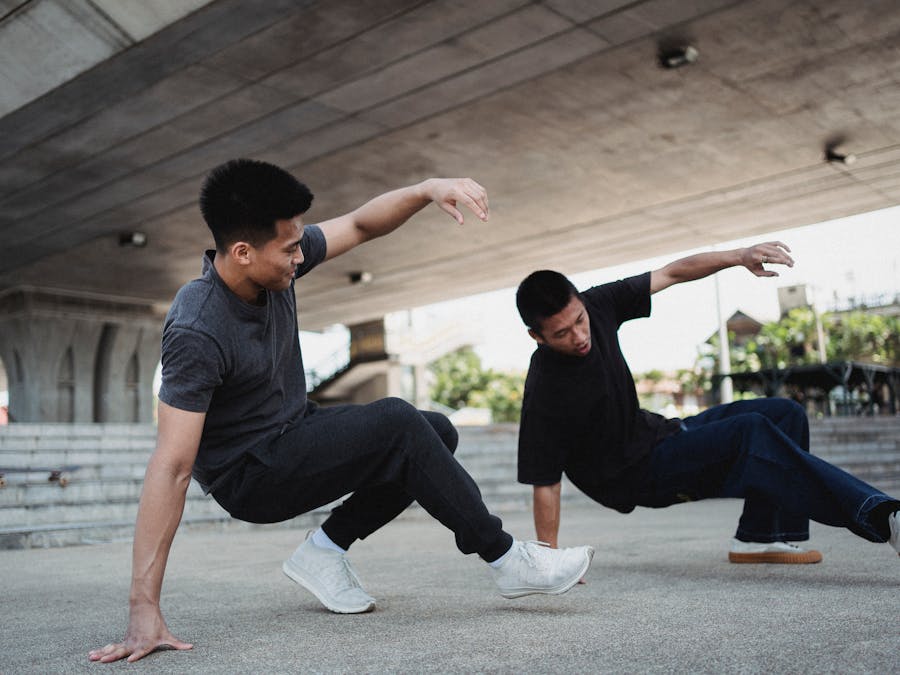 Piano Guidance
Piano Guidance
 Piano Guidance
Piano Guidance

 Photo: cottonbro studio
Photo: cottonbro studio
Pianists memorize music because it helps them to play with better musical expression. Memorizing also helps better perform technically demanding repertoire and help eliminate page turns nad breaks in the music. Memorizing music is mostly reserved for soloists and less frequent for collaborative playing.

Ivory keytops are not valuable. Because the trade in ivory is completely outlawed around the world, the keytops are not valuable. But even if it...
Read More »
A chord, in music, is any harmonic set of pitches/frequencies consisting of multiple notes (also called "pitches") that are heard as if sounding...
Read More »
There are 4 types of microphone: Dynamic Microphones. Large Diaphram Condensor Microphones. Small Diaphram Condensor Microphones.
Read More »
The F5 key is a function key found at the top of almost all computer keyboards. The key is most often used to refresh a web page in an Internet...
Read More »After those measures are solid I choose another four measures and then add them with the previous four. This is the stacking up method which allows me to not chew off too much music all at once for memory. Muscle memory is a major factor in memorization. With quality, repetition comes results. The more a musician plays the same notes and passages over and over again, the more it sticks in their fingers. This is why it’s important to always play the right notes and why tempo is not a major factor in the early stages of memorizing music. Sometimes it’s helpful to practice the piano away from the actual instrument to improve muscle memory. This consists of finding a flat surface and going through the motions. Pretend as if you are playing the keys themselves. The lack of security from having any keys press down really puts the focus on playing the right fingers and doing the right emotions note matter where you are. This is a true sign that muscle memory is working at its highest level. Musicians, in general, will also use visual aids to help guide them in memory. The concert stage can be a scary place, and with adrenaline and nerves running high it helps to have visual aids to guide your performance. Pianists will identify certain images in their minds to remind them of what’s coming next. They can associate certain smells or images with specific chords or landmarks in the music. This helps them to know what’s coming next even if they aren’t explicitly thinking about the notes themselves. When looking at the keys pianists can also take snapshots of certain notes so that they know where they are moving to in parts of the music. One thing I see pianists do a lot of is to close their eyes during performance. This might seem illogical, but the idea is to fully immerse themselves in the music and to get rid of the distractions. A huge part of playing music from memory effectively is to calm the mind and play freely. Without that, all of the hard work to learn the music can be quickly erased with a wall of mistakes.

Students should use effective practice methods and generally keep practice times within one-to-two hours per day, maximum, and no more than six...
Read More »
Patricia Carrington is one of these early tapping pioneers. By 1987, Carrington had developed and was using for her patients and in workshops a...
Read More »
Singing is more of a learned skill than a natural talent, said Steven Demorest, a music education professor at Northwestern University who recently...
Read More »
Does Walmart Copy House Keys: Minute Key. Walmart offers self-service key copying through a 3rd party kiosk called MinuteKey, which acts similar to...
Read More »
The 7 hardest instruments to learn, play, and master Oboe. Violin. French horn. Piano. Hammond organ. Drums. Accordion. Dec 11, 2020
Read More »
Overview. Musescore.com has a consumer rating of 1.97 stars from 75 reviews indicating that most customers are generally dissatisfied with their...
Read More »